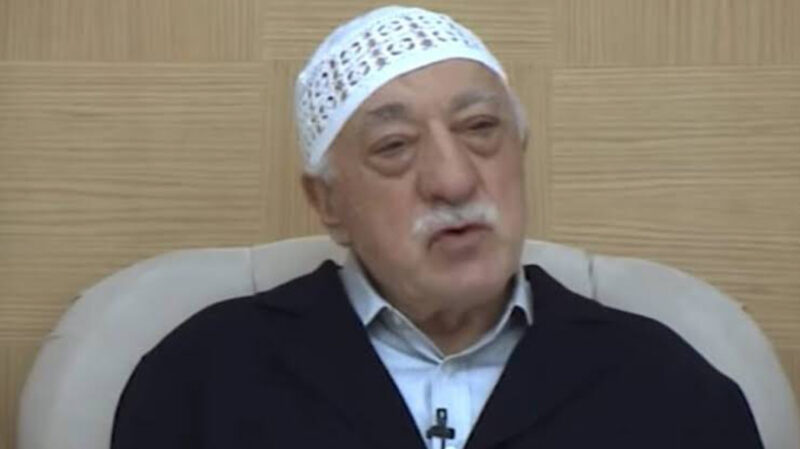Fethullah Gulen’s influence and alleged involvement in the coup led to widespread unpopularity towards him, extending even beyond governmental structures.
Istanbul, Turkey – Fethullah Gulen, the Muslim cleric accused by Turkey of orchestrating a failed coup in 2016, has passed away in the United States at the age of 83, as confirmed by his movement on Monday. Gulen had been living in exile in the U.S. since 1999 and was once a prominent associate of Turkish President Recep Tayyip Erdogan before their relationship soured.
Turkish Foreign Minister Hakan Fidan commented on Gulen’s death, stating, “The leader of this dark organisation has died,” and asserted that Ankara would persist in its efforts against Gulen’s “terrorist organisation” and its alleged “treasonous” supporters. According to reports from his nephew and a related website, Gulen died in a hospital on Sunday night. He had been stripped of his Turkish citizenship in 2017. Gulen established his Hizmet movement from Pennsylvania, where it grew to manage around 4,000 schools in Turkey and over 500 internationally.
Initially supportive of Erdogan, Fethullah Gulen’s alliance with him deteriorated in 2013, leading to accusations from the Turkish president that Gulen had masterminded the coup attempt, which resulted in approximately 250 deaths on July 15, 2016, when a faction of the military attempted to seize power. Erdogan attributed the coup attempt to Gulen supporters within the armed forces.
Gulen’s influence and alleged involvement in the coup led to widespread unpopularity towards him, extending even beyond governmental structures. Opposition leader Ozgur Ozel stated, “We had wanted him to be held accountable in Turkey,” branding Hizmet as “a terrorist organisation that infiltrated every corner of the state.” He cautioned that while Gulen had died, vigilance against his organization remained essential.
Gulen’s association with Erdogan began to crumble after he supported the Turkish president during his rise to power in the early 2000s. The rift deepened in 2010, culminating in intense animosity following a corruption scandal in 2013 that led Erdogan to accuse Gulen of being behind the controversy.
In the aftermath of the 2016 coup, Turkish authorities launched extensive crackdowns, prosecuting over 700,000 individuals and sentencing around 3,000 alleged Gulen supporters to life imprisonment.
Bayram Balci, a researcher at the Paris Institute of Political Studies (Sciences-Po), noted that Gulen’s demise would likely have minimal ramifications in Turkey, citing the already damaged perception of Gulen since the split with Erdogan over a decade ago. “Few people hold him in high esteem,” he remarked, indicating that there remains deep-seated distrust of Gulenists since their collaboration with Erdogan during his authoritarian rule.
In Germany, which hosts the largest Turkish diaspora in Europe with around three million inhabitants, a spokesperson for Hizmet indicated that Gulen’s passing would not hinder their operations, which involve approximately 100,000 members and the management of 250 associations.
Despite Gulen’s wishes to be laid to rest in his hometown of Izmir, Turkish authorities are unlikely to permit his repatriation, suggesting he will instead be buried in Pennsylvania.
Turkey continues its efforts to apprehend members of Gulen’s movement internationally and calls for their extradition. Justice Minister Yilmaz Tunc reiterated that Turkey would persist in combating what he termed a “national security problem” in reference to Gulen’s organization.
Meanwhile, Balci emphasized that Hizmet has diminished significantly, lacking the influence it once wielded, with its network of schools now reduced to a few operating primarily across Germany, the United States, Nigeria, and South Africa. He characterized the community as no longer a significant threat, stating, “It’s over and they know it,” focusing mainly on assisting victims of Erdogan’s regime.










Join our Channel...